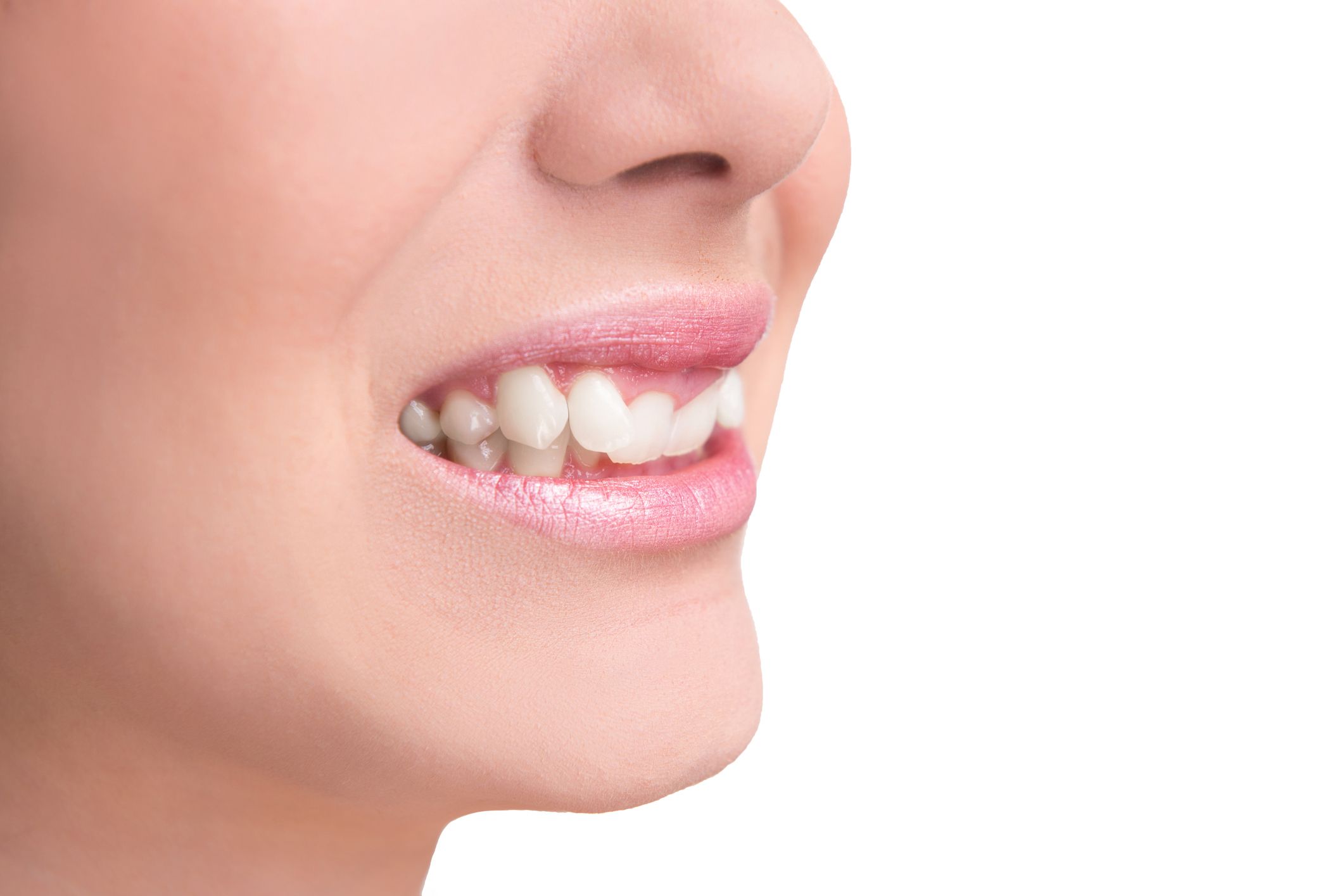5 Common Teeth Problems That Orthodontics Can Fix
If you have teeth that are crooked, overlapped, or crowded, an orthodontist Doncaster can help. They specialize in treating dental problems that interfere with your ability to chew or speak properly and affect your appearance.
However, misaligned jaws and teeth can profoundly impact your oral health. They can also negatively affect your appearance, which can lead to low self-esteem or social anxiety. Fortunately, if you have misaligned jaws or teeth, an orthodontist can help you achieve beautiful, healthy smiles!
Crowded teeth
If you have crowded teeth, you should see an orthodontist Doncaster. Crowding is the result of improper development and alignment of your teeth. It can cause pain and discomfort, especially if there is a lack of space in the mouth for your tongue to move around properly when speaking.
Crowding can also lead to tooth decay or trauma when food particles get stuck between close-together teeth. Orthodontic treatment may be able to correct these problems by moving your teeth into a better position so that they have room to grow evenly without becoming crooked or unhealthy.
Overbite
Overbites are very common in children, as their jaws are still growing and changing shape, but they're also seen in adults who have had jaw surgery or suffered trauma to their face and jaw. In most cases, overbites can be corrected with braces (orthodontic treatment).
But if you have an extreme case of one that persists after treatment has ended. You're still experiencing pain when chewing food or even talking—which are two signs that things might not be right—it may mean there's another problem going on inside your mouth that needs attention from a specialist like an orthodontist Doncaster (an expert on gums).
Crossbite

A crossbite is when the upper teeth are positioned to one side of the lower jaw, which causes a gap between your back teeth. This can be caused by an overbite or possibly due to other reasons like trauma or genetics. It may not cause any issues for you—especially if it's mild—but it could mean an imbalance in how your jaw functions and moves.
Uneven Spacing
If you are missing a tooth or if your teeth do not line up evenly, the orthodontist can help. The spacing of your teeth is important for chewing and speech. If a tooth or group of teeth are missing, the orthodontist can replace it with an implant or bridge. If you have an overbite (your upper jaw extends beyond your lower jaw), they may also recommend braces to fix this problem.
Misaligned Jaw
If you have a small jaw, it may be difficult for your teeth to fit together. This can cause problems with your bite and the shape of your face.
If left untreated, jaw misalignment can lead to other more serious issues, disorders and headaches caused by improper alignment of teeth.
Fortunately, there are several options available for correcting this problem, including orthodontic therapy.
The process usually takes about two years, depending on how severe or complex your case is but when all is said and done, you’ll have a beautiful smile that won’t hurt when laughing or chewing hard foods!
Conclusion
You may have noticed that some of these issues are similar to each other. For example, an overbite and crossbite are both misaligned jaws, so they are treated in a similar way. It's important that you talk with your orthodontist about the exact nature of your problem before any treatment begins.
They'll be able to tell you what kind of braces will work best for you and even suggest ways to fix these problems without having to wear orthodontic devices like retainers or headgear!
Comments
Post a Comment